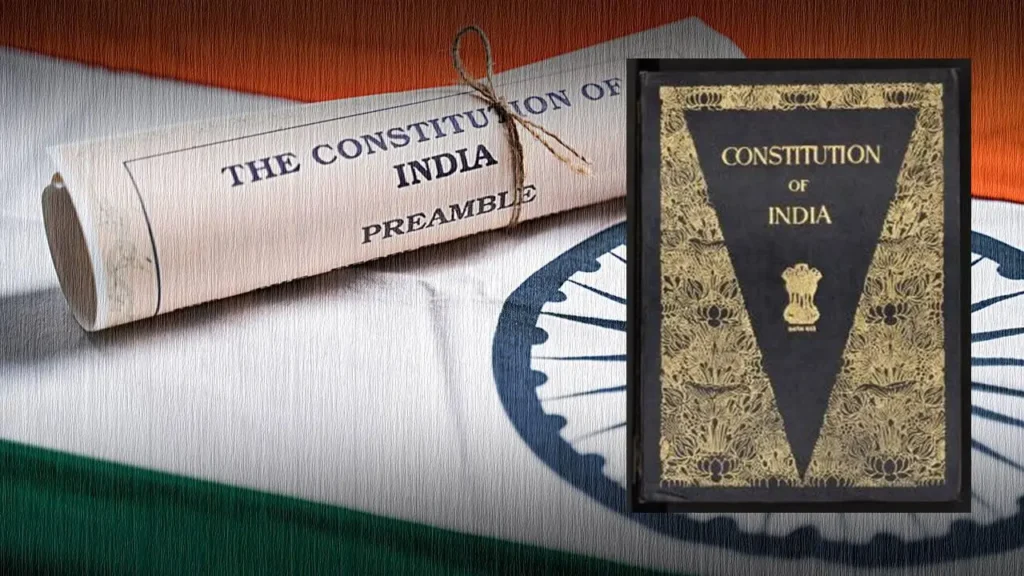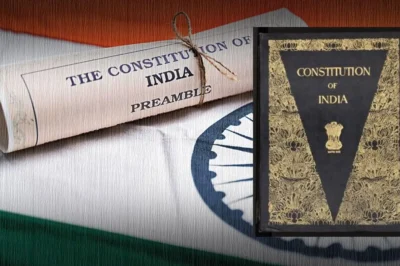
The Indian Constitution, adopted on January 26, 1950, stands as a testament to the foresight of its architects. It laid the foundation for the world’s largest democracy, encapsulating the hopes and aspirations of its diverse populace. Its legacy is profound and multifaceted, reflecting India’s commitment to democracy, secularism, and social justice.
Central to its legacy is the establishment of a sovereign, socialist, secular, and democratic republic that ensures justice, liberty, equality, and fraternity to all its citizens. The Constitution of India has been a dynamic document, evolving through amendments to meet the changing needs of society, yet its core principles remain untouched, guiding the nation’s progress.
Furthermore, it has institutionalized a system of checks and balances through the separation of powers, ensuring that the executive, legislature, and judiciary operate within defined bounds, safeguarding against the concentration of power. The Constitution also enshrines a comprehensive list of fundamental rights, guaranteeing civil liberties for individuals against state encroachment, and it outlines the Directive Principles of State Policy, guiding the government in promoting the welfare of the people.
The Indian Constitution’s legacy is not just in its text but in its spirit, influencing the lives of billions and inspiring movements for democracy and human rights globally. Its endurance and adaptability underscore its significance as a living document, embodying the essence of India’s civilizational values and democratic ethos






































Leave a Reply